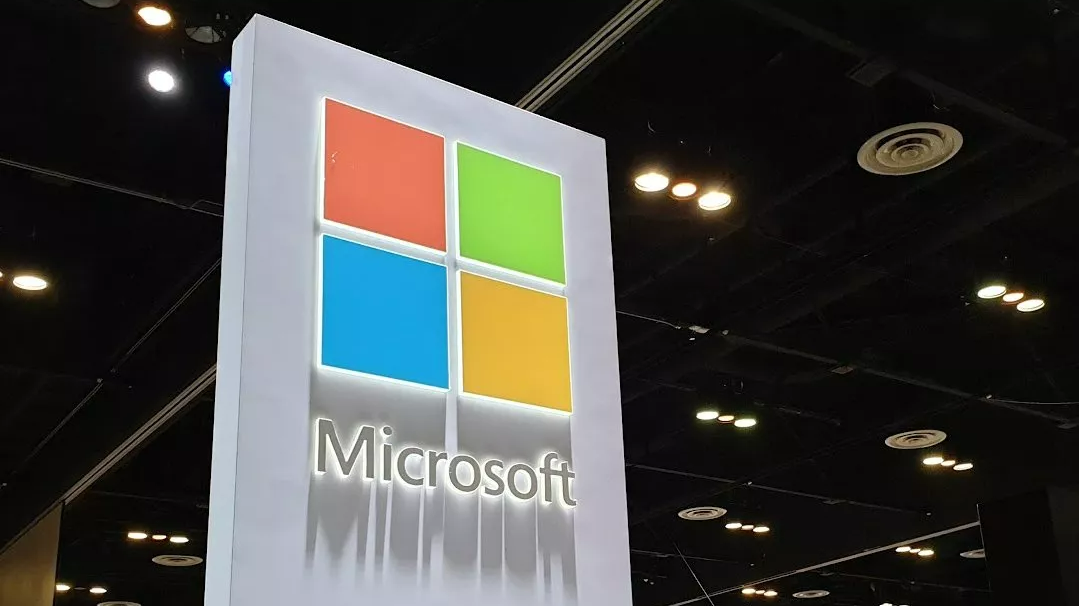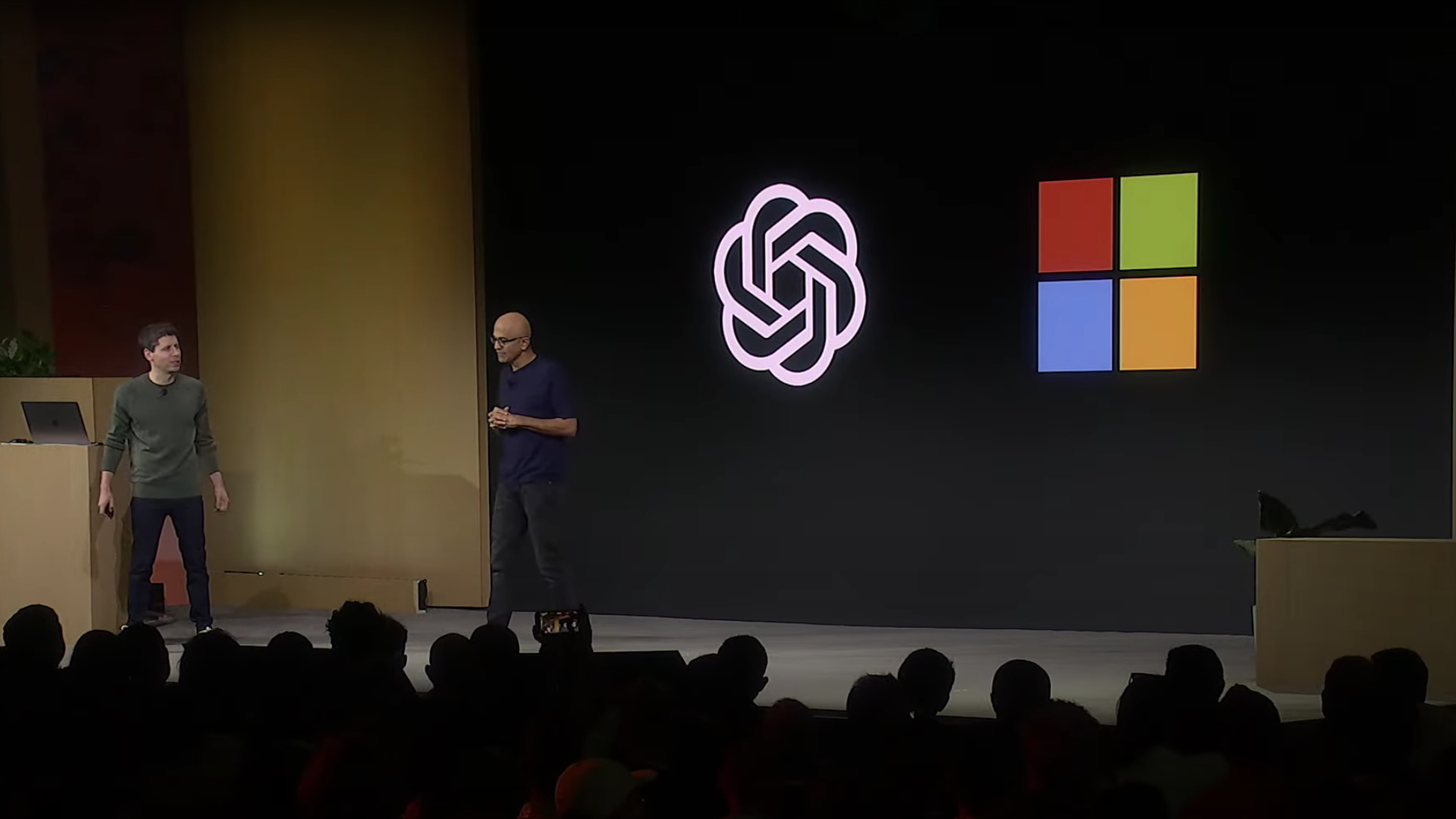
What you need to know
- Microsoft has given up its non-voting seat on the board of OpenAI.
- Microsoft said that OpenAI's board has made "significant progress" since eight months ago, which is when Microsoft gained it non-voting seat.
- OpenAI and Microsoft will continue to work closely together, and Microsoft remains a significant shareholder in OpenAI.
Microsoft no longer holds a seat on the board of OpenAI. Until recently, the tech giant held a non-voting observer seat on the OpenAI board. Axios and The Financial Times reported on a letter written to OpenAI by Microsoft Deputy General Counsel Keith Dolliver that announced the move. The Verge then received confirmation from OpenAI that Microsoft had given up its seat on the OpenAI board.
“We’re grateful to Microsoft for voicing confidence in the Board and the direction of the company, and we look forward to continuing our successful partnership,” said an OpenAI spokesperson to The Verge. “Under the leadership of CFO Sarah Friar, we are establishing a new approach to informing and engaging key strategic partners – such as Microsoft and Apple – and investors – such as Thrive Capital and Khosla Ventures.”
While Microsoft will not have a seat on OpenAI's board, the tech giant will be kept up to date of what's going on through "regular stakeholder meetings."
Microsoft's relationship with OpenAI is complicated and storied. OpenAI exclusively partners with OpenAI for the cloud. That partnership came as part of an investment by Microsoft of over $10 billion. Microsoft has integrated OpenAI tech into a wide range of its services, including Copilot and Bing. Microsoft CEO Satya Nadella said AI tools would be built into all Microsoft products back in January 2023. Since then, several services have been infused with AI tech, often from OpenAI.
How Microsoft gained an OpenAI board seat

Microsoft ended up with a non-voting seat on the OpenAI board after a dramatic few days that saw OpenAI co-founder and CEO forced out of the company, though Altman later returned. Microsoft was reportedly furious when blindsided by Altman's firing. The tech giant gaining a non-voting seat on the OpenAI board was viewed, at least in part, as a way to prevent future surprises.
Axios shared contents of the letter written by Microsoft:
"We appreciate the support shown by OpenAI leadership and the OpenAI board as we made this decision...
As you know, we accepted the non-voting board observer role at a time when OpenAI was in the process of rebuilding its board. This position provided insights into the board's activities without compromising its independence, and we appreciated the opportunity to serve as an observer during this period of change.
Over the past eight months we have witnessed significant progress from the newly formed board and are confident in the company's direction.
Given all of this we no longer believe our limited role as an observer is necessary."
Based on Microsoft's comments, it appears the company is content with OpenAI's current board.
Microsoft giving up its non-voting seat on the OpenAI board may also help Microsoft better face scrutiny from regulators. The FTC is looking into Microsoft's relationship with OpenAI. Having more formal separation between the companies could help convince the FTC that the two entities are sufficiently separate.







